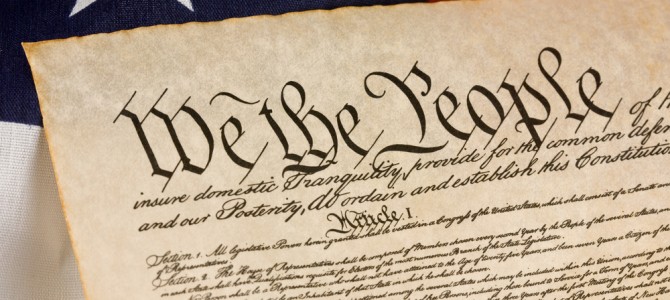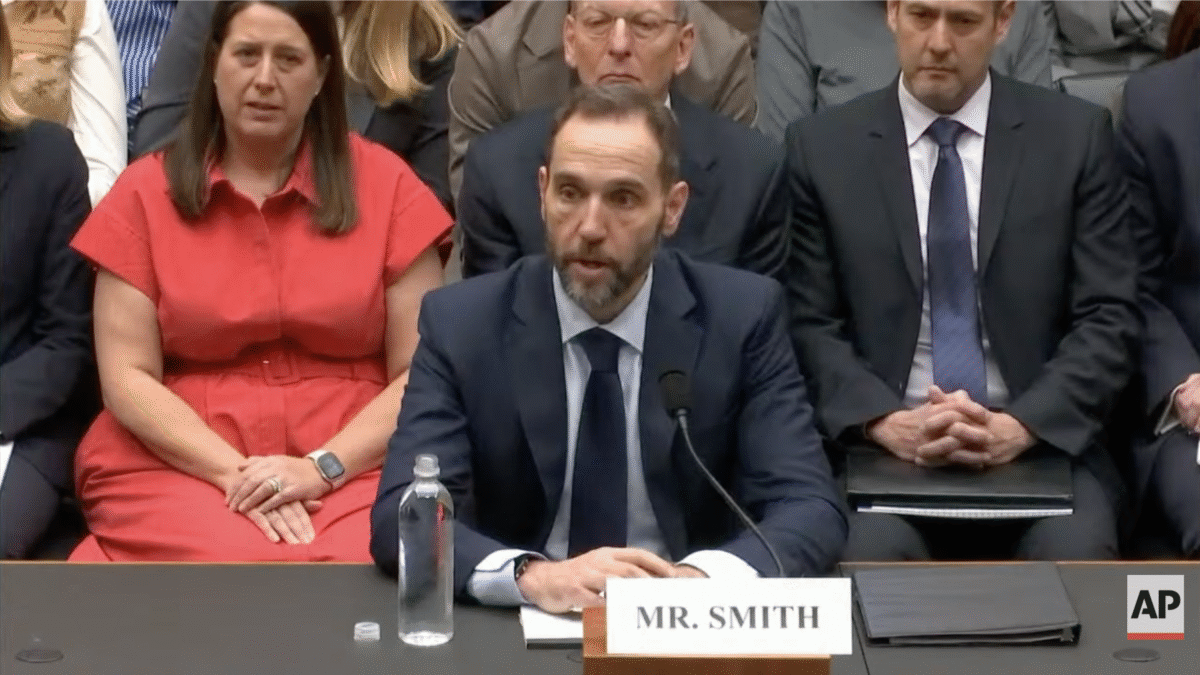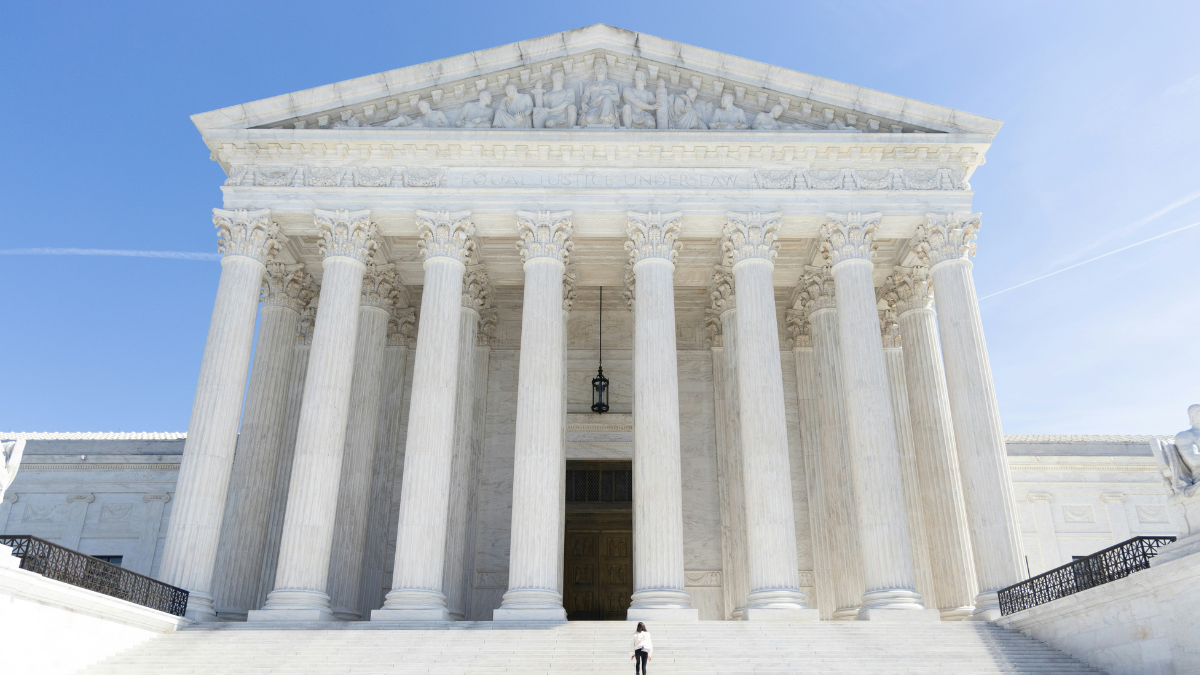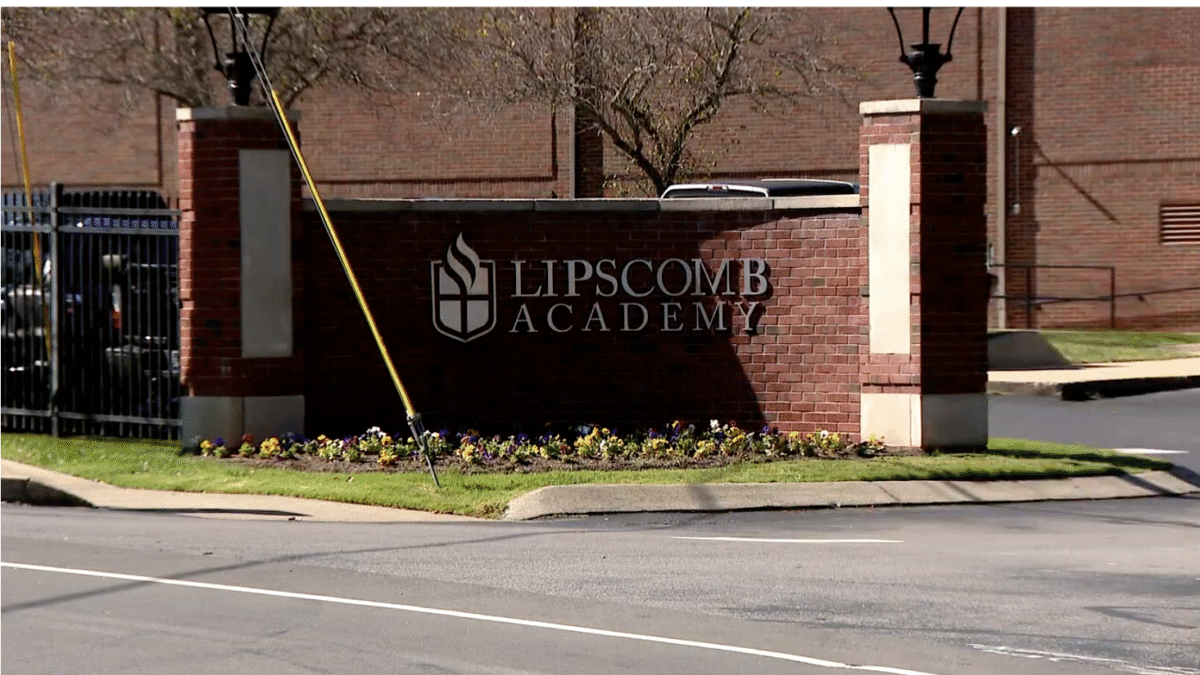
In my Senate office stand two towers of documents. The first is only a few inches tall. A collection of all the legislation Congress passed in 2013, it contains about 800 pages. The second tower, which is 11 feet tall, is a collection of regulations federal agencies proposed and adopted in 2013. It contains about 80,000 pages.
I keep these extraordinarily unequal towers to illustrate a startling reality: The U.S. Congress no longer passes most federal laws, rules, and regulations. Instead, about 99 percent of the rules we must live by issue from an army of unelected federal bureaucrats. Using a classic duck-and-dodge strategy, Congress routinely enacts legislation that purports to solve a genuine problem, but then delegates to these executive-branch bureaucrats the power to make the legally binding rules that determine the law’s real-world impact. It’s a brilliant plan; Congress gets all the credit for the popular goal and none of the blame for a regulation’s controversial—and expensive—particulars.
One prominent example of this kind of lawmaking can be found in the Clean Air Act. The act essentially declares that “we shall have clean air,” then outlines a broad vision for limiting air pollution. The act contains relatively few details as to how its laudable objectives will be achieved. Instead, it authorizes the Environmental Protection Agency (EPA) to make and enforce legally binding regulations that, far more than the act itself, restrict air pollution. Thus, when the EPA adopts a new regulation, those who find the law unreasonable have little recourse, because their representatives in Congress can shrug and say, “Well, the EPA put that regulation in place.”
Willful Ignorance About the Constitution
For Americans who don’t work in Congress or monitor its operations on a full-time basis, it can be hard to understand how far our government has drifted from the Constitution’s vision and in many cases its actual stated provisions. Many Americans probably assume that our lawmakers understand our founding document and are devoted to defending it. Unfortunately, that assumption is in many ways incorrect.
Far too many members of Congress don’t understand the Constitution they’ve sworn to defend—not because they can’t understand it, but because they make little or no effort to do so. Some Supreme Court justices aren’t much better; too many of them understand our founding document but refuse to acknowledge that its most important function is to limit and check power. Presidents are often even worse; they pay lip service to our nation’s governing document, but their actions frequently betray a lack of real commitment to its restrictions.
People serving in each of these positions have raised their right hands and sworn some variation of an oath “to preserve, protect, and defend the Constitution of the United States.” Most, if not all, of the people who have made such a vow intended at the outset to keep it. Maybe they believe they are keeping it. But far too often they are not. The truth is, many of the very people who have solemnly promised to protect our Constitution are subverting it.
What’s More, Scorn for the Constitution
Since I arrived in Washington, I have found it awash with people who viewed the Constitution as a nuisance. There was an attorney general who vouched for a legislative proposal that would give the District of Columbia representation in Congress, even though experts within his own Department of Justice explained that the Constitution allows only states such representation. There was a president who bullied and badgered the Supreme Court after it issued a free-speech decision with which he disagreed. And there was an outgoing Speaker of the House who, when asked about the constitutional authority for Obamacare, answered with scorn and incredulity by simply replying, “Are you serious? Are you serious?”
Even in the Republican Party, far too many elected officials have been reluctant to engage the public in a meaningful constitutional discourse. President George W. Bush, for example, signed the McCain-Feingold Act even though he knew major parts of it violated Americans’ right to free speech. He explained that “certain provisions present serious constitutional concerns,” but in a shocking abrogation of his duty to defend the Constitution, he washed his hands of responsibility by saying, “I expect that the courts will resolve these legitimate legal questions.” When the Supreme Court did exactly that in Citizens United, liberals went wild, heaping on the Court the criticism Bush had deflected and that continues to this day.
How to Restore Reverence for the Constitution
The Constitution must be defended not only by the courts, but by the legislative and executive branches, as well as—especially by—the citizens who elect them. Only the voters can force our government officials to obey their oaths to preserve, protect, and defend the Constitution.
We can do this first by influencing the attitudes of those around us, making every effort to persuade friends and neighbors that constitutionally limited government not only matters but is essential to our prosperity as a nation. Second, we have to remind elected representatives in Washington that the power to make laws belongs to Congress, not unaccountable bureaucrats, and encourage them to enact regulatory reform measures like the REINS Act, which would help put Congress make in charge of lawmaking. Finally, we have to bring our knowledge of the Constitution back to the ballot box and vote differently—especially when it comes to federal offices.
What George Washington wrote in 1787 remains true today: “The power under the Constitution will always be with the people.” Whenever we, as a people, decide the Constitution is being “executed contrary to [our] interest” and in a manner “not agreeable to [our] wishes,” we will start to care differently, act differently, and vote differently as we seek for the limitations on power that have been promised and yet are lost. This year’s tower of regulations is growing at this moment; there’s no time to waste in promoting a real national discussion about the meaning of our Constitution and demanding that our elected officials respect it.








